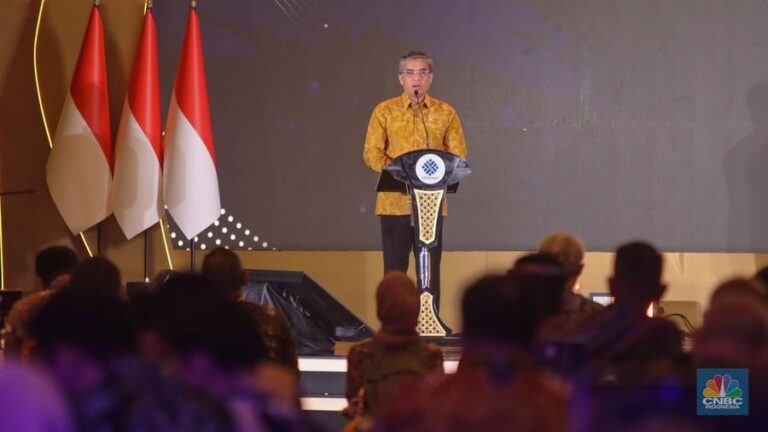New York, NY — In a move that has sparked intense debate and triggered an unprecedented wave of subscriber cancellations, the Washington Post recently announced that it would not endorse a candidate in the upcoming presidential election. Publisher Will Lewis made the announcement last Friday, and by Tuesday, over 250,000 readers had canceled their digital subscriptions in protest. This mass exodus, representing roughly 10% of the Post’s online subscriber base, underscores the extent of the backlash to this sudden editorial shift.
The Washington Post’s decision to break from a long-standing endorsement tradition has been viewed as a response to political pressures, with critics suggesting that billionaire owner Jeff Bezos is looking to pre-emptively avoid backlash from a potential second Trump administration. Although the Post has not explicitly stated a reason for the change, former executive editor Marty Baron and other high-profile figures have expressed disappointment in the decision, describing it as both “craven” and “cowardly.”
According to individuals familiar with internal discussions, the Post’s editorial board had reportedly drafted an endorsement in support of Vice President Kamala Harris, only for it to be withdrawn at the behest of Bezos. This narrative has only added to the outcry, with readers accusing the Post of abandoning its commitment to transparency and editorial independence. Adding to the intrigue, a similar incident reportedly took place at the Los Angeles Times, where an endorsement of Harris was also revoked, raising questions about editorial pressures within the media.
Following the backlash, three Washington Post editorial board members resigned, and Bezos sought to ease the tensions by publishing a rare op-ed addressing the controversy. In his piece, Bezos explained that the decision to end presidential endorsements was based on a desire to strengthen the newspaper’s editorial neutrality. “Presidential endorsements create a perception of bias and compromise trust in our independence,” he wrote, adding that “making this change sooner and further from the election would have avoided this situation.”
However, observers have speculated that Bezos’s decision might also be influenced by his other business interests, including Amazon and Blue Origin, both of which have extensive federal contracts. His recent call to Trump, who narrowly escaped an assassination attempt over the summer, has added another layer to the debate. In this call, Bezos reportedly expressed admiration for Trump’s resilience, a gesture that has drawn considerable scrutiny given the timing of the endorsement decision.
At a campaign rally on Wednesday, Trump seized on the Washington Post’s decision, suggesting it indirectly signaled support for his re-election. “The Washington Post and all these so-called liberal papers, they aren’t endorsing anyone because they know the Democrats can’t do the job,” he told supporters in North Carolina. Trump’s comments have further polarized the situation, stirring doubts about the Post’s commitment to impartiality.
In his op-ed, Bezos pushed back against these criticisms, clarifying that the decision was made without consultation with either campaign and that no quid pro quo arrangement was involved. “No one from either side influenced this decision,” he stated. He emphasized that the decision was made internally, aimed solely at preserving the Post’s editorial independence.
Still, the ramifications of this decision are far-reaching. Bill Grueskin, a professor at Columbia Journalism School, noted that the Post’s editorial retreat could have serious consequences for its financial stability, particularly as it already faces mounting operational costs. “For Bezos, this may be a drop in the bucket,” he commented, “but for the Washington Post, losing a quarter-million subscribers is a hit to revenue, readership, and reputation. It’s hard to see this as anything but a major misstep.”
While the Washington Post works to recover from this controversy, media experts suggest that the decision could shape the future of editorial independence in an era of heightened political polarization. As readers and staff alike continue to push for clarity and accountability, the Washington Post’s next moves may determine its credibility and long-term viability in a landscape where reader loyalty is increasingly difficult to maintain.









